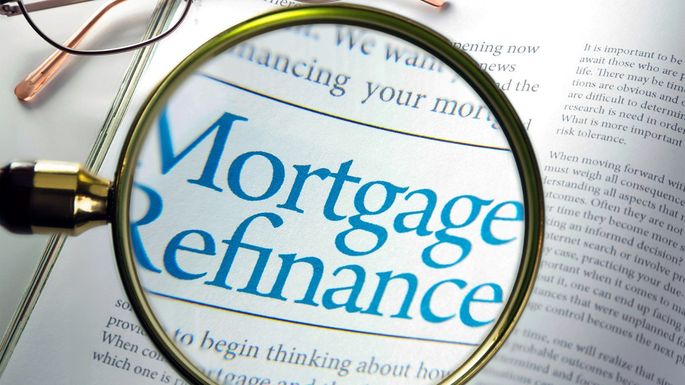Should You Refinance Your Home Mortgage?

When interest rates drop, many who are still paying a mortgage start thinking about refinancing their home. Other reasons why they choose to refinance; the desire to change to a fixed rate, debt consolidation, or hoping to lower their monthly payments. While all of these are good, sound reasons to refinance, they all have pros and cons.
-
Lowering your interest rate can save money. It will not save much if you’ve already been paying on your home for several years, however, especially if you refinance with a 30-year mortgage. Investopedia says that going for the new rate is a good idea if you can reduce your rate by 2%.
-
When credit card debt is included in a debt consolidation refinance, homeowners risk losing their home for unsecured debt if they cannot keep up the payments. Credit counseling would be a better step to take first if you are considering debt consolidation to pay off credit cards.
-
Refinancing to lower your monthly payment sounds great until you realize that a lower payment only comes with a longer pay-back term and paying more interest in the end.
-
Let’s say you’re making more money and would like to shorten the term of your mortgage by having a higher monthly payment. Nerdwallet suggests that you ask yourself a few questions, then decide if you should refinance or just pay more on your current loan every month.
-
Has your credit score gone up? If so, find out if you can get a better interest rate as a result. Again, be sure you’ll be saving money in the end before you sign the dotted line.
-
You can turn your home’s equity into cash with a cash-out refinance, and if the money is needed for some home improvements or investing, it may be a better way to get the cash. The drawback comes in when the return on investment doesn’t work out, and the equity in the home is lost.
Closely examining your reasons and goals for refinancing will help you make this decision. Don’t forget to factor in closing costs and other refinancing fees. These can add up, just like when the house was first purchased, and may not be much of a savings at all when it’s all said and done.
Courtesy of New Castle County DE Realtors Tucker Robbins and Carol Arnott Robbins.
Photo credit: realtor.com







